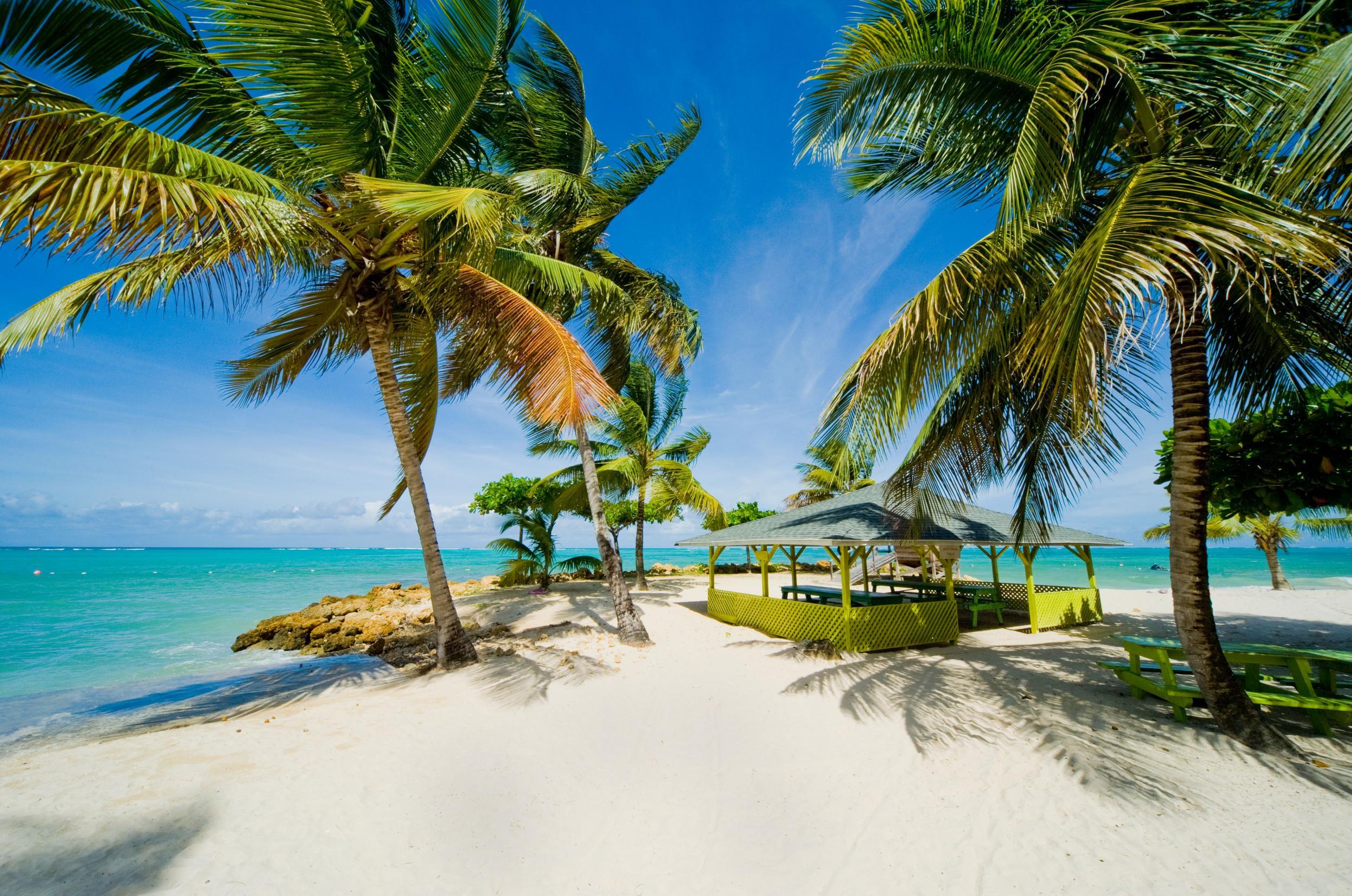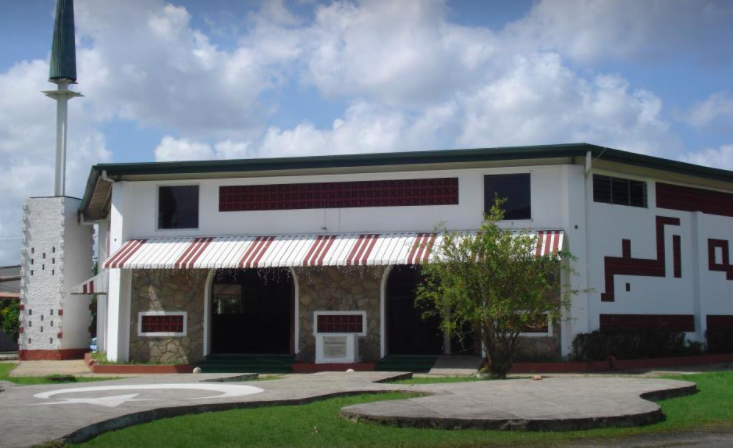Trinidad and Tobago: Foreign Office warns visitors to Caribbean islands terror attack is 'very likely'
More than 100 citizens believed to have travelled to Syria and Iraq to join Isis 'are likely to pose a security threat on return'

Your support helps us to tell the story
From reproductive rights to climate change to Big Tech, The Independent is on the ground when the story is developing. Whether it's investigating the financials of Elon Musk's pro-Trump PAC or producing our latest documentary, 'The A Word', which shines a light on the American women fighting for reproductive rights, we know how important it is to parse out the facts from the messaging.
At such a critical moment in US history, we need reporters on the ground. Your donation allows us to keep sending journalists to speak to both sides of the story.
The Independent is trusted by Americans across the entire political spectrum. And unlike many other quality news outlets, we choose not to lock Americans out of our reporting and analysis with paywalls. We believe quality journalism should be available to everyone, paid for by those who can afford it.
Your support makes all the difference.Days ahead of the annual Carnival celebrations on the islands of Trinidad and Tobago, the Foreign Office has warned a terrorist attack on the Caribbean nation is “very likely”.
In an unusual late-night announcement, the FCO said: “The Trinidad and Tobago authorities have arrested some individuals who planned to carry out attacks against Carnival on 12 and 13 February.”
Despite the arrests, the Foreign Office warns of a continuing threat, saying: “Terrorists are very likely to try to carry out attacks in Trinidad and Tobago.”
Carnival is the leading cultural event in Trinidad and Tobago. British visitors are told to “remain vigilant and avoid crowded places and large gatherings”.
Around 30,000 UK citizens visit Trinidad and Tobago each year. Some have family links with Trinidad, but most are tourists heading for Tobago. British Airways and Virgin Atlantic both fly twice-weekly from Gatwick to Tobago.
While the Caribbean is generally regarded as terrorist-free, Trinidad and Tobago is an exception. According to the Foreign Office, more than 100 citizens are believed to have travelled to Syria and Iraq to join Isis and “are likely to pose a security threat on return”.
The recruitment rate, relative to the nation's population of under 1.4 million, is around six times higher than in Britain.
As Isis crumbles in Syria, there are fears that returning jihadis could bring terror to the islands — with the additional risk that people who have been radicalised but failed to travel may turn on their fellow citizens.
“There’s also a threat from individuals who may have been inspired by terrorist groups, including Daesh and al Qaeda, to carry out so-called ‘lone actor’ attacks targeting public events or places,” says the Foreign Office.
Trinidad and Tobago, the southernmost nation in the Caribbean, is a diverse nation, with substantial numbers of people of African and Indian heritage as well as Chinese, European and Arab minorities. The government says: "Some of the major beliefs include Christianity, Hinduism and Islam."
According to the 2011 census, about 5 per cent of the population are Muslim, most of them moderate and integrated. But a small group known as Jamaat al-Muslimeen (“Community of Muslims”) launched a coup attempt in 1990, led by a convert named Yasin Abu Bakr. He is now an Imam on the island, and according to the group’s Facebook presence, has a weekly 90-minute slot on a Trinidad radio station.

Violent crime is an underlying problem in the nation. The Canadian government warns its citizens going to Trinidad: “Shootings, kidnappings and other gang- and drug-related violence occur. There is a risk of you being in the wrong place at the wrong time.
“Crimes of opportunity tend to increase during the annual Carnival celebrations.”
The advice concludes: “There is little visible police presence in most areas of Trinidad.”
Join our commenting forum
Join thought-provoking conversations, follow other Independent readers and see their replies
Comments